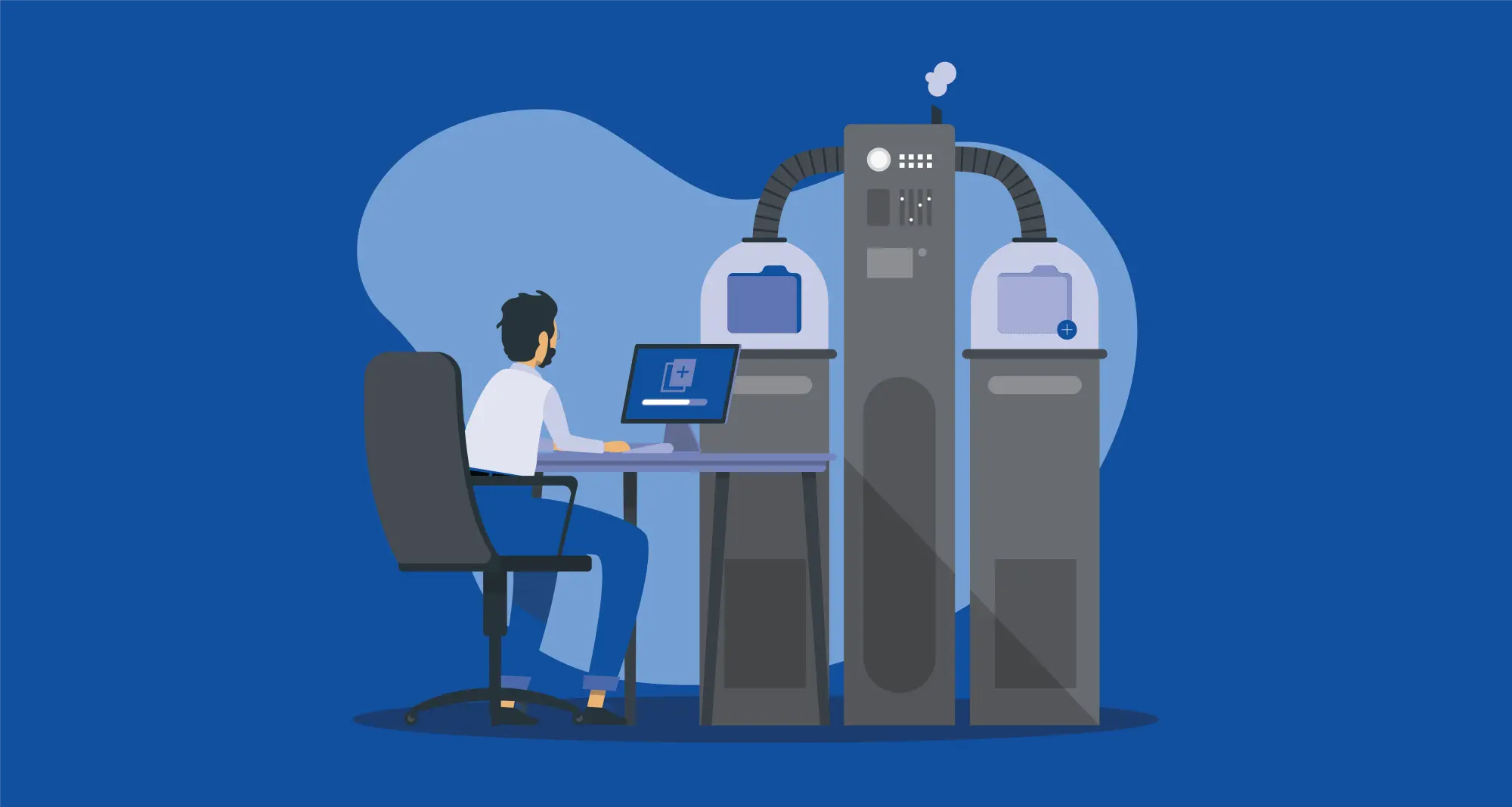You’ve worked hard to create the perfect website. It’s got everything you need: It’s lightning fast, it’s got great UI/UX, and it’s got a great online store. Have you done everything you can to protect your website?
Whether you manually back up important files or set up an automatic process, having a robust backup system for your website is key in ensuring your website stays online and up to date through any issue.
So what is a Website Backup?
Putting it simply, a website backup is a copy of all the data on your website. Images, written content, customer data and the code that powers it are all copied and stored securely (either in the cloud or on a physical hard drive).
Why should I have backups?
The web can be an unpredictable place, and making sure your website is always up-to-date and online is critical in maintaining a strong presence. Regardless of the size of your site, how often it’s updated or if you’ve never had a history of problems, backing up your site is critical.
Protect yourself against malicious attacks
Globally, thousands of websites are attacked every day. By targeting software vulnerabilities, third party integrations (Like extensions and plugins) and emails, hackers try to gain access to your website. From there, they are able to bring the website down, hold the owners to ransom to regain access or simply steal customer data.
By regularly backing up your website, you are able to handle malicious attacks more strategically by identifying potential vulnerabilities and restoring versions that do not have the exploited issues. You are also able to run malware detection tools on backups to identify vulnerabilities before they can be exploited.
Fix unexpected problems fast
Your website is made up of many moving parts that all require updating regularly. In the event that these updates fail, your website can go down and become inaccessible to users. Even worse, if a user accidentally deletes critical information, you can lose valuable information in the blink of an eye.
Backups of your site ensure you can quickly retrieve data that was removed and replace it to its original state. For anything that has issues with updates, you are able to return the site to it’s pre-updated state before identifying the part that failed. From there, you can explore options to fix the issue without any unnecessary downtime.
Create a Test Site
Creating a test site can allow you to try out major changes to your website without impacting uptime or performance. Try out new colours, designs, themes or layouts without making any of them visible to the public until you are happy with the whole look. Testing out new security options or plugins can also be done without the worry of impacting performance.
How do I create a Website Backup?
When backing up your website, you want to ensure that all your critical data is backed up. This may involve backing up your website and any customer/product databases separately to ensure data integrity.
Automatic Backups
Most website platforms (Like WordPress or Squarespace) offer automatic backup options as either plugins or a service inbuilt into the platform. These allow you to set how regularly you back up your website, what data is backed up and where it is backed up to. These backups are perfect for storing in the cloud as they allow you to have ‘out of sight, out of mind’ protection.
Manual Backups
Manual backups are critical to maintain, especially if you plan to make major changes to your website (like changing website hosts or updating critical code). This also allows you to back up specific content that needs to be kept up to date for site operation (like sensitive customer data or critical code). Manual backups are perfect for storage on physical media (like hard drives or onsite servers) as it ensures they can be accessed at any time and properly managed for version control.
How often should I back up my website?
This truly depends on what your website is. For small blogs or static web pages that seldom change, backups can be done less frequently due to the slow pace of additional content or changes. For online stores and pages with content that is updated frequently, websites should be backed up much more frequently. This can mean weekly, daily, or even hourly for some businesses.
Do you need help setting up Website Backups?
Ignite Search has experience helping customers set up and maintain effective website backups across all popular website platforms (Including WordPress, Shopify and Sitefinity). We take all the stress out of maintaining proper version control and identifying potential vulnerabilities before they become an issue to help you focus on your core business. Contact us (+618) 9467 9883 or get a free quote today for more information.







